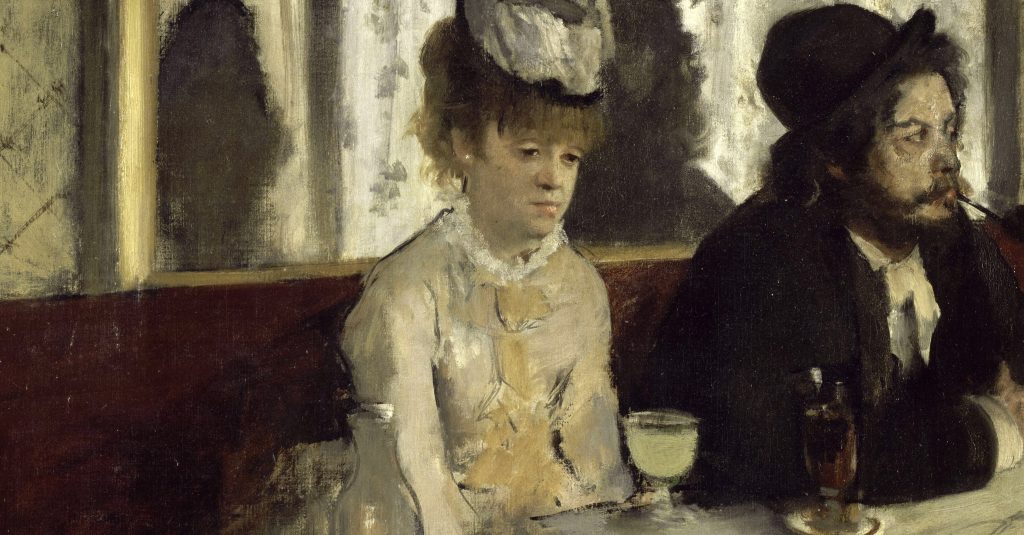Over the last eight years, the Law and Justice (PiS) government in Poland redefined the boundaries of regulations governing the lifestyle of citizens, introducing a series of laws and regulations aimed at promoting desired or healthy habits and behaviors, while limiting access to products and services deemed harmful.
From the closing of shops on Sundays, through the introduction of a sugar tax, to the ban on the sale of energy drinks to minors—these and other decisions have sparked heated discussions about freedom, public health, and the effectiveness of the introduced measures. What were the actual effects of these regulations? Does the end justify the means? Is Poland becoming a state that cares for the well-being of its citizens, or rather one that restricts their freedom?
Since the beginning of this year, the sale of energy drinks to individuals under 18 has been banned. Despite intentions to protect youth from the negative effects of consuming “energy drinks,” this decision has raised controversy. Data presented by the government suggested that caffeine consumption from energy drinks among the majority of adolescents did not exceed norms. Moreover, the government did not justify why the age limit should be so high. This ban, along with restrictions for minors, has also impacted the availability of drinks to adults, indicating a lack of substantive basis for such a broadly scoped regulation.
The Sunday trading ban, introduced in 2018, was aimed at supporting small stores and promoting spending time with family. However, its positive impact on consumers and the labor market is questionable. Between 2017-2021, the number of individuals per store increased, indicating a reduction in accessibility of stores for consumers. No increase in the competitive advantage of small stores over large chains was observed, undermining one of the law’s goals. The law itself is very inconsistent and does not set a specific and substantively supported goal to be achieved.
The sugar tax introduced in 2021, aimed at fighting obesity by reducing the consumption of sweetened beverages, turned out to be one of the highest in Europe. Despite expectations, revenue from this tax has been steadily increasing, which suggests that Poles have not reduced their consumption of these drinks. This indicates the low effectiveness of the tax in shaping healthy habits, undermining its main goal.
Changes in alcohol law, including an increase in excise duty on alcoholic beverages and restrictions on the sale and consumption of alcohol, were aimed at reducing social problems associated with alcoholism. However, the effectiveness of these measures remains a subject of debate, due to alternative methods of dealing with alcoholism, the impact of proper drinking culture, and the actual economic and social effects of the introduced regulations.
The legalization of so-called medical marijuana in 2017 was an important step towards the liberalization of Polish drug policy, especially since its side effect turned out to be quite wide and easy access to this substance. Nevertheless, this has not significantly affected the overall drug policy, which remains restrictive, despite some liberalization regarding judicial practice. Also, changes in pharmaceutical law, restricting access to emergency contraception, have been criticized for lacking substantive basis and limiting women’s freedom.
An analysis of the last eight years shows that many of the introduced regulations had weak substantive justification and often relied on ideological or fiscal motivations. For future policy, it will be important to base decisions on solid evidence and analysis, taking into account the real needs of society as well as the effectiveness and proportionality of the measures introduced. Promoting education and healthy habits, instead of ineffective restrictions and bans, may prove to be a more effective—and above all, less invasive and more consistent with the concept of individual freedom—way to achieve desired social goals.
Continue exploring:
Freedom and the Trap of Identity Politics with Yascha Mounk [PODCAST]
Fullness of Lack and Lack of Fullness: On Creative Approach to Present Challenges



